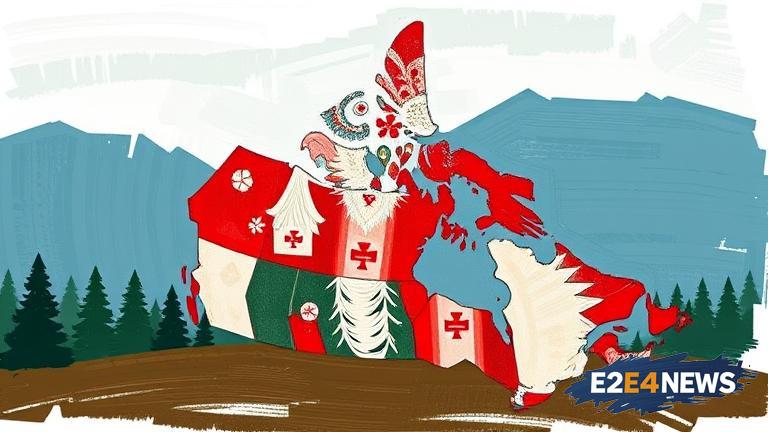The Cowichan decision, a recent court ruling in Canada, has been met with criticism and concern from Indigenous leaders and advocates. The decision has been seen as a setback for reconciliation efforts in the country, and has raised questions about the government’s commitment to addressing the historical injustices faced by Indigenous peoples. Reconciliation, a process aimed at healing the wounds of the past and building a more equitable future, is a complex and ongoing issue in Canada. The country has a long history of colonization and marginalization of Indigenous peoples, and the legacy of this history continues to be felt today. The Cowichan decision has been seen as a missed opportunity for the court to acknowledge and address the historical injustices faced by Indigenous peoples. Instead, the decision has been criticized for perpetuating the same patterns of oppression and marginalization that have been present in Canada for centuries. The decision has also been seen as a failure to recognize the rights and title of Indigenous peoples to their traditional lands. This failure has significant implications for the future of reconciliation in Canada, and raises questions about the government’s willingness to take meaningful action to address the historical injustices faced by Indigenous peoples. The Cowichan decision is not an isolated incident, but rather part of a larger pattern of systemic racism and oppression that has been present in Canada for centuries. The decision has been met with outrage and disappointment from Indigenous leaders and advocates, who have been working tirelessly to advance the cause of reconciliation. Despite the setbacks, many remain committed to the process of reconciliation, and are working to build a more just and equitable future for all Canadians. The Canadian government has also faced criticism for its handling of the Cowichan decision, with many arguing that the government has failed to take meaningful action to address the historical injustices faced by Indigenous peoples. The government has made commitments to reconciliation, including the implementation of the United Nations Declaration on the Rights of Indigenous Peoples, but many argue that these commitments have not been followed through on. The Cowichan decision has also raised questions about the role of the courts in advancing reconciliation. While the courts have the power to interpret the law and make decisions that can impact the lives of Indigenous peoples, they are not always equipped to address the complex historical and cultural issues that underlie the process of reconciliation. The decision has also highlighted the need for greater education and awareness about the history and experiences of Indigenous peoples in Canada. Many Canadians remain unaware of the historical injustices faced by Indigenous peoples, and the ongoing impacts of these injustices on their lives today. The Cowichan decision has sparked a national conversation about reconciliation, and has raised important questions about the future of this process in Canada. As the country moves forward, it will be important to prioritize the voices and perspectives of Indigenous peoples, and to work towards a more just and equitable future for all. The decision has also highlighted the need for greater accountability and transparency in the reconciliation process, and for the government to take meaningful action to address the historical injustices faced by Indigenous peoples. Ultimately, the Cowichan decision is a reminder that reconciliation is a complex and ongoing process, and that there is still much work to be done to address the historical injustices faced by Indigenous peoples in Canada. The decision has sparked outrage and disappointment, but it has also sparked a renewed commitment to the process of reconciliation, and a determination to build a more just and equitable future for all Canadians. The future of reconciliation in Canada is uncertain, but one thing is clear: it will require the active participation and engagement of all Canadians, and a commitment to addressing the historical injustices faced by Indigenous peoples. The Cowichan decision is a setback, but it is not a defeat. Rather, it is a call to action, and a reminder that the work of reconciliation is far from over. As Canadians, we must come together to build a more just and equitable future, and to ensure that the rights and title of Indigenous peoples are recognized and respected. The time for reconciliation is now, and it will require the efforts and commitment of all Canadians to make it a reality.
